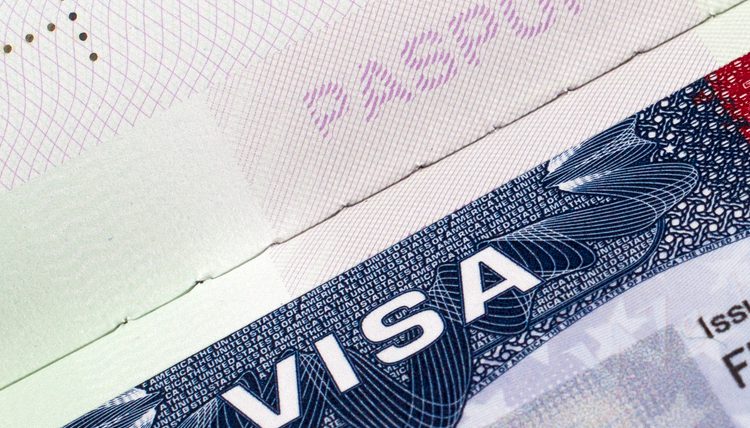Following an announcement by the U.S. last week that imposed a one-year ban on new Filipino migrant workers starting this year, the Philippines said that it may ask the U.S. to reconsider the decision if it finds that there is no basis for the ban.
The U.S. Department of Homeland Security (DHS) released a notification last week that identified foreign countries whose nationals are no longer eligible to participate in the H-2A and H-2B Nonimmigrant Worker Programs starting January 19, 2019 to January 18, 2020.
In listing the Philippines as one of the now ineligible countries along with Ethiopia and the Dominican Republic, the agency reasoned that the Philippines had a high rate of H-2B overstays.
In 2017, the DHS estimated that nearly 40-percent of Filipino H-2B visa holders overstayed their authorized stay period.
H-2B visas allow U.S. employers to bring foreign nationals to the U.S. to fill temporary non-agricultural jobs, while H-2A visas allow them to bring foreign nationals to fill temporary and seasonal agricultural jobs.
According to U.S. State Department statistics, the Philippines accounted for the majority of the visa types issued for Asia in 2017. Of the total 992 H-2B visas issued for Asia, 767 were for the Philippines. Of the total 95 H-2A visas, 64 were for the country.
Philippine Presidential Spokesperson Salvador Panelo said on Tuesday, January 22 that while Malacañang Palace respected the U.S. government’s directive, it would seek to appeal the decision should the U.S. fail “to prove that there is basis to impose the ban.”
While he did not mention why the U.S. may not have had basis for its decision, he said that the Philippine Department of Foreign Affairs (DFA) would be in charge of working with the U.S. in addressing the issues and filing the possible appeal.
“If that is the law in the U.S. and if there were violations, then we have to respect if they have basis for that. We will only react if our workers are being mistreated, maltreated or being discriminated against. And if they violated the law of the U.S., then they have to face the music,” said Panelo.
In its notification, the U.S. agency went on to cite the issue of human trafficking as a reason to warrant the removal of the Philippines from the visa programs.
The agency said that the U.S. Embassy in Manila issues the greatest number of T-derivative visas, which are reserved for family members of certain victims of severe forms of human trafficking.
In reviewing the status of T-1 recipients whose spouses were issued T-2 visas in the same period, the agency said approximately 60 percent were found to have been trafficked to the U.S. on H-2B visas.
It said the DHS and the U.S. Department of State “are concerned about the high volume of trafficking victims from the Philippines who were originally issued H-2B visas and the potential that continued H-2B visa issuance may encourage or serve as an avenue for future human trafficking from the Philippines.”
The same concern was also found for the H-2A visa program as applications to the program increased fourfold from 2015 to 2018.
In response to the DHS’ and DOS’ concerns, Panelo said there was not much the Philippine government could do if the concerns were based on conducted investigations.
“When you say human trafficking, the U.S. government must have conducted investigation on that. If their investigation yields that there was a violation, oh I don’t think pwede tayong makialam doon (we can interfere),” said Panelo.
He said that in the meantime, the Philippine government would look into its own anti-trafficking measures.
“What we can do is to do our own controls here para hindi nakaka dating doon iyong mga trafficking na nanggagaling sa atin (so that trafficking victims here don’t reach there),” said Panelo.








